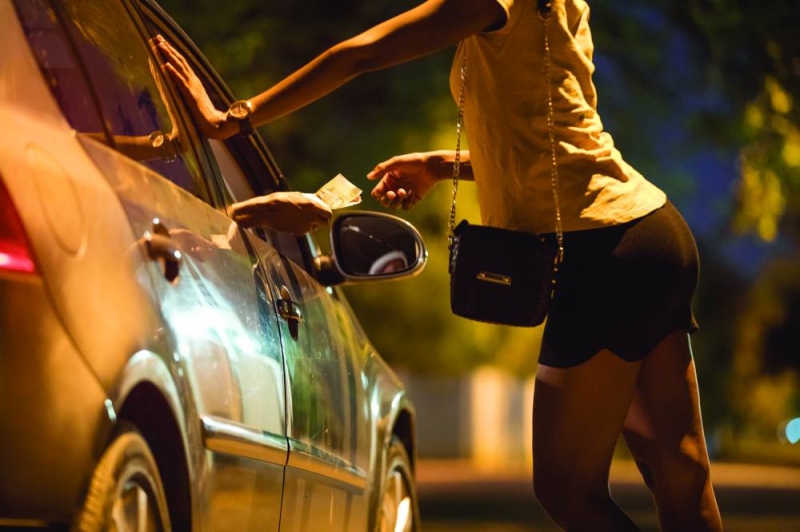Sex workers: It’s our career choice
Nnasaretha Kgamanyane | Tuesday May 9, 2023 06:00


She said this at the just-ended National AIDS and Health Promotion Agency (NAHPA) three-day HIV Prevention Symposium held in Palapye.
Tsokwane further told the audience that many sex workers just like her chose their line of work because it was the career they wanted to embark on. She added that it was high time people learnt to respect their profession.
Tsokwane begged non-governmental organisations (NGOs) to assist in convincing the government to decriminalise sex work like it has done with Gay, Lesbian, Bisexual, Transgender, Queer, Intersex, and Asexual people collectively (LGBTQI+). “We ask for our profession to be decriminalised. We want our voices to be heard. We are raped and done hurtful things.
It is very important for people to understand that we got into sex work because we want to. It is our choice of career. We do not want to be enrolled in Ipelegeng or any other programme,” she said.
“We do not want to be pitied. All we ask for is to be respected and for our job to be decriminalised so that we can report any form of abuse inflicted on us. We are not saying there should be mushrooming of brothels, but we say the law should find a way to protect us.” Moreover, Tsokwane explained that the reason why HIV statistics hiked amongst sex workers was that they did not get assistance from health workers.
She said whenever they ask for Sexually transmitted infections (STI treatment injections health workers refuse and go on to ask why they always get STIs every week.
She added that health workers sometimes give them contacts of pastors who could ‘rebuke evil spirits and demons’ which was very offensive to them. She pointed out that lack of health services leads to most sex workers who started their career HIV-negative ending up testing positive two years down the line. She added that they could only get enough condoms at NGOs because at the clinics they were limited. She also said it was difficult for them to carry condoms with them because whenever the police arrest them they search their bags and use condoms as evidence that they were engaged in sex work.
Tsokwane further indicated that sex workers who are HIV-negative could not get access to pre-exposure prophylaxis (PrEP), which is the medication used to prevent the spread of disease in people who have not yet been exposed to a disease-causing agent, usually a virus and in this case, HIV. She explained that as a result, they ended up being HIV positive because some of their clients do not like using condoms or they do not have them at all. She said all that could be avoided if sex workers were given all the services they needed.
“They harass and take advantage of us. It is even difficult for us to report when we are abused by lawmen who take advantage of us. When arrested, we are forced to bribe them with sex. They should help us when we are in need instead of taking advantage of us. For us to be able to protect other people from HIV, we urge the government to protect us too,” she said. “We have children and partners who need our protection as well. If you protect us you will be able to protect you and your families.
Our customers include family men and for the country to successfully prevent HIV infection, they must start with protecting us and decriminalising sex work,” Tsokwane highlighted. She, however, pointed out that she was happy the government made ARV service access available for foreign female sex workers.
She further pleaded for sex workers to be taught how to use female condoms. Moreover, the audience asked if there was a way that sex workers could be aided to embark on businesses or get jobs at Ipelegeng or domestic work but she remained adamant that they did not want that but needed sex work to be decriminalised.
